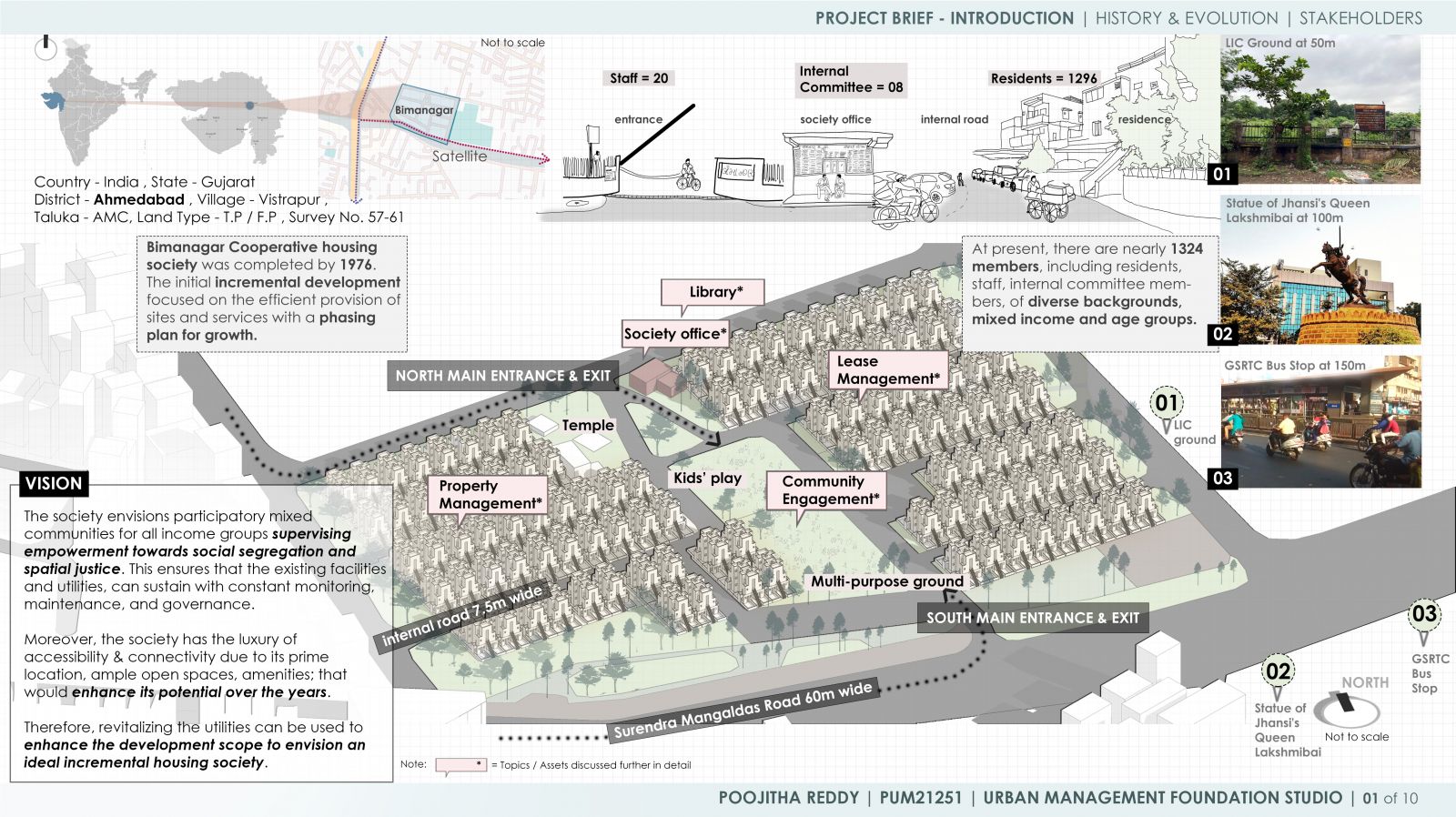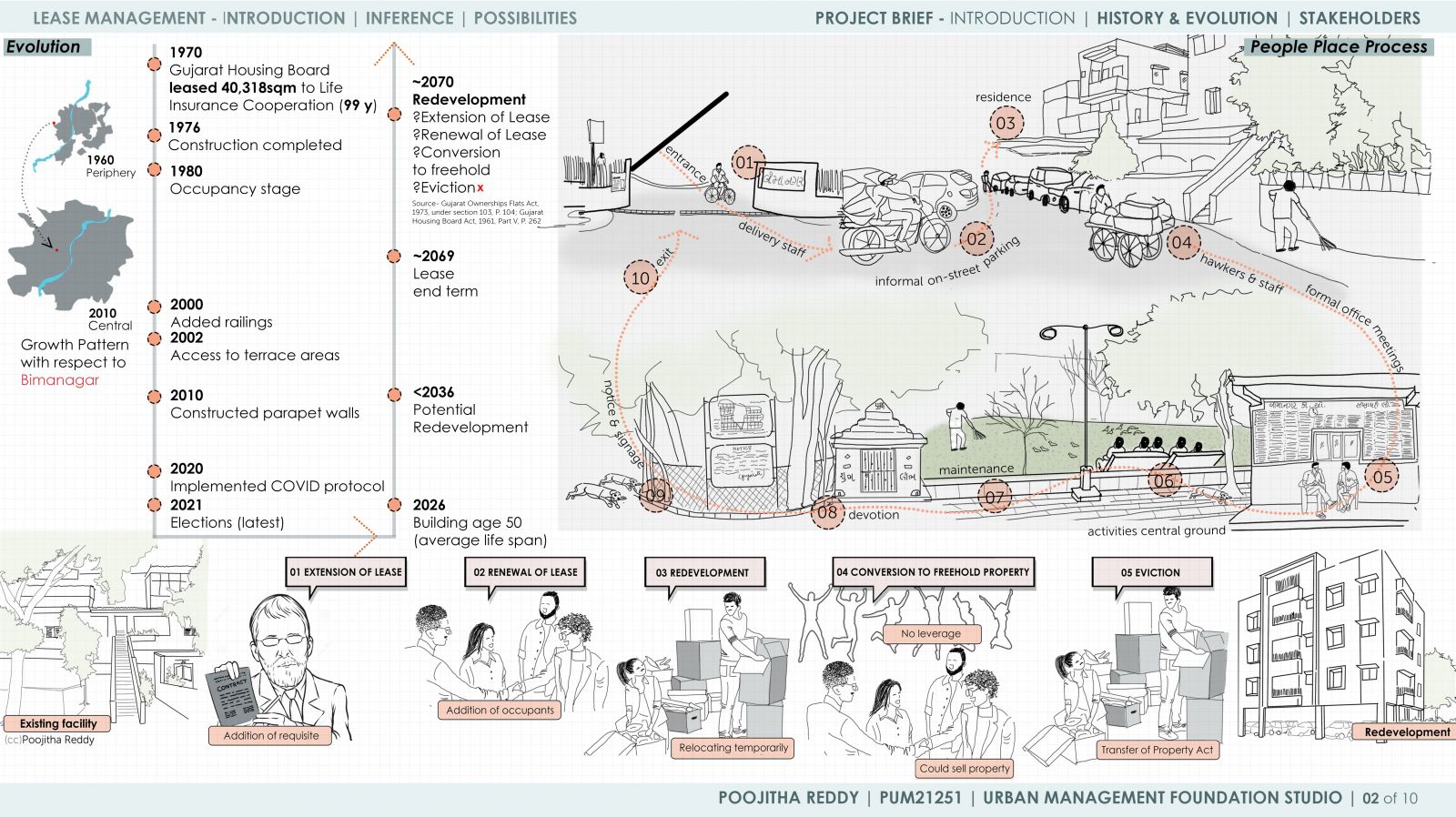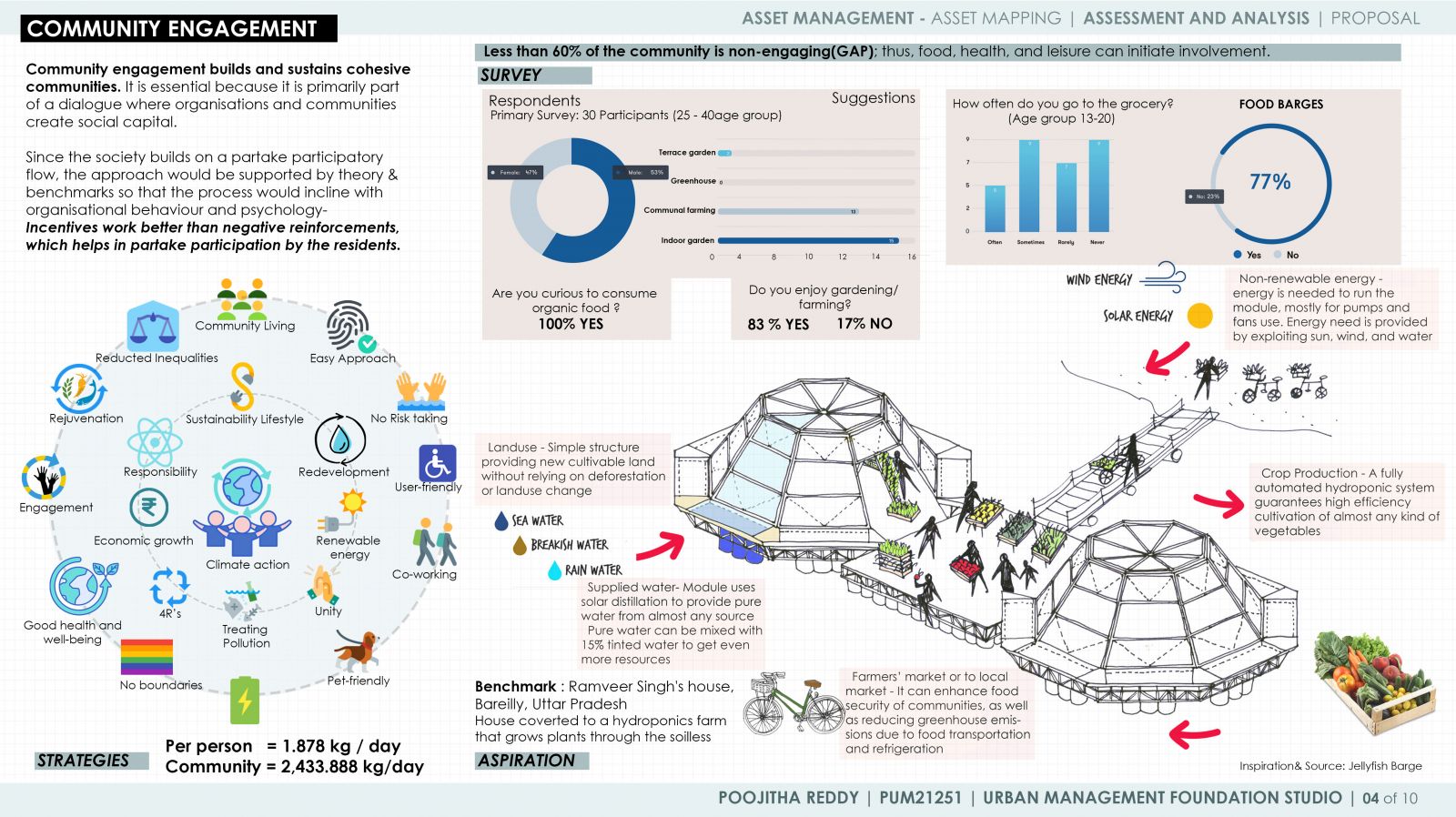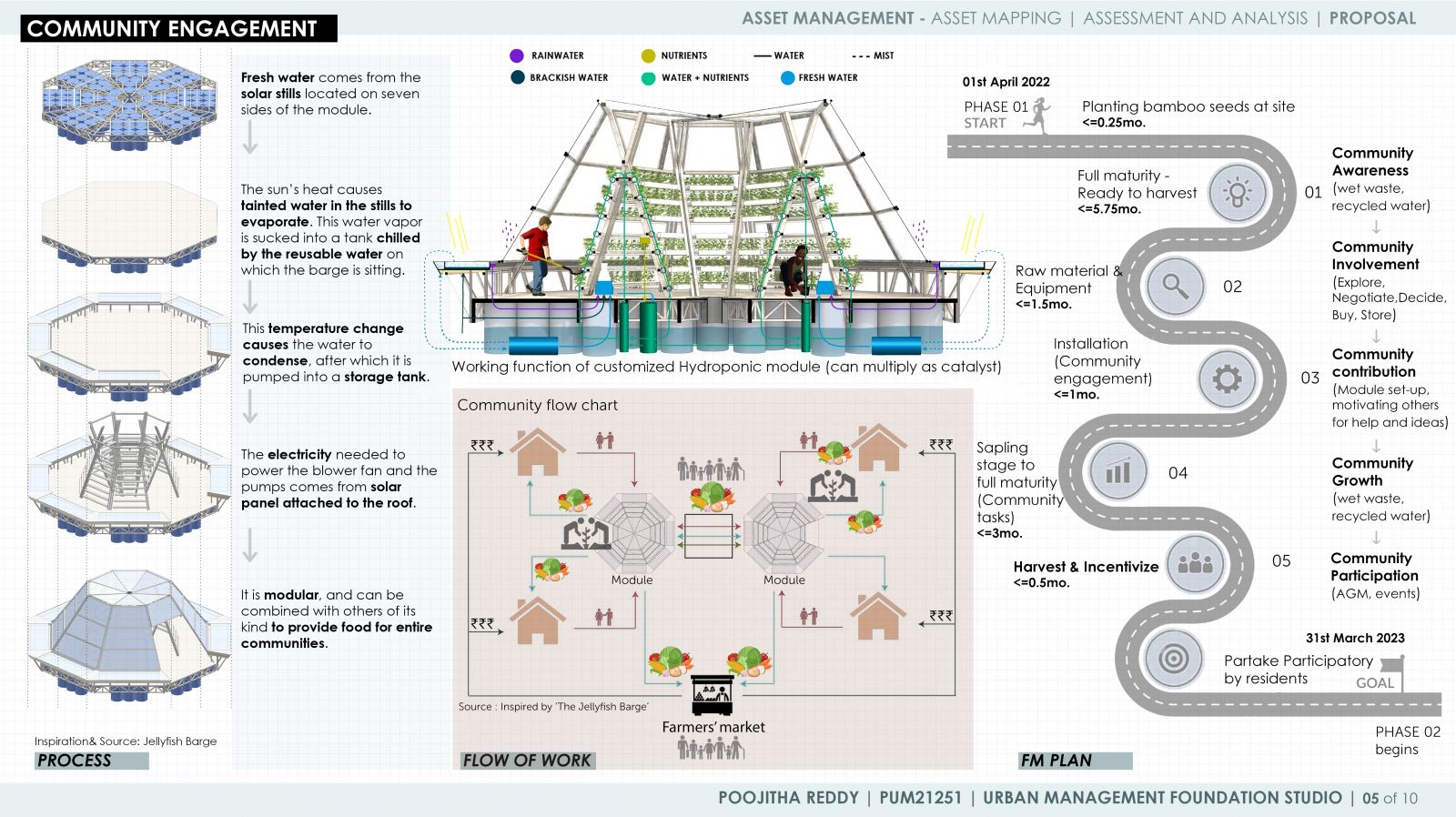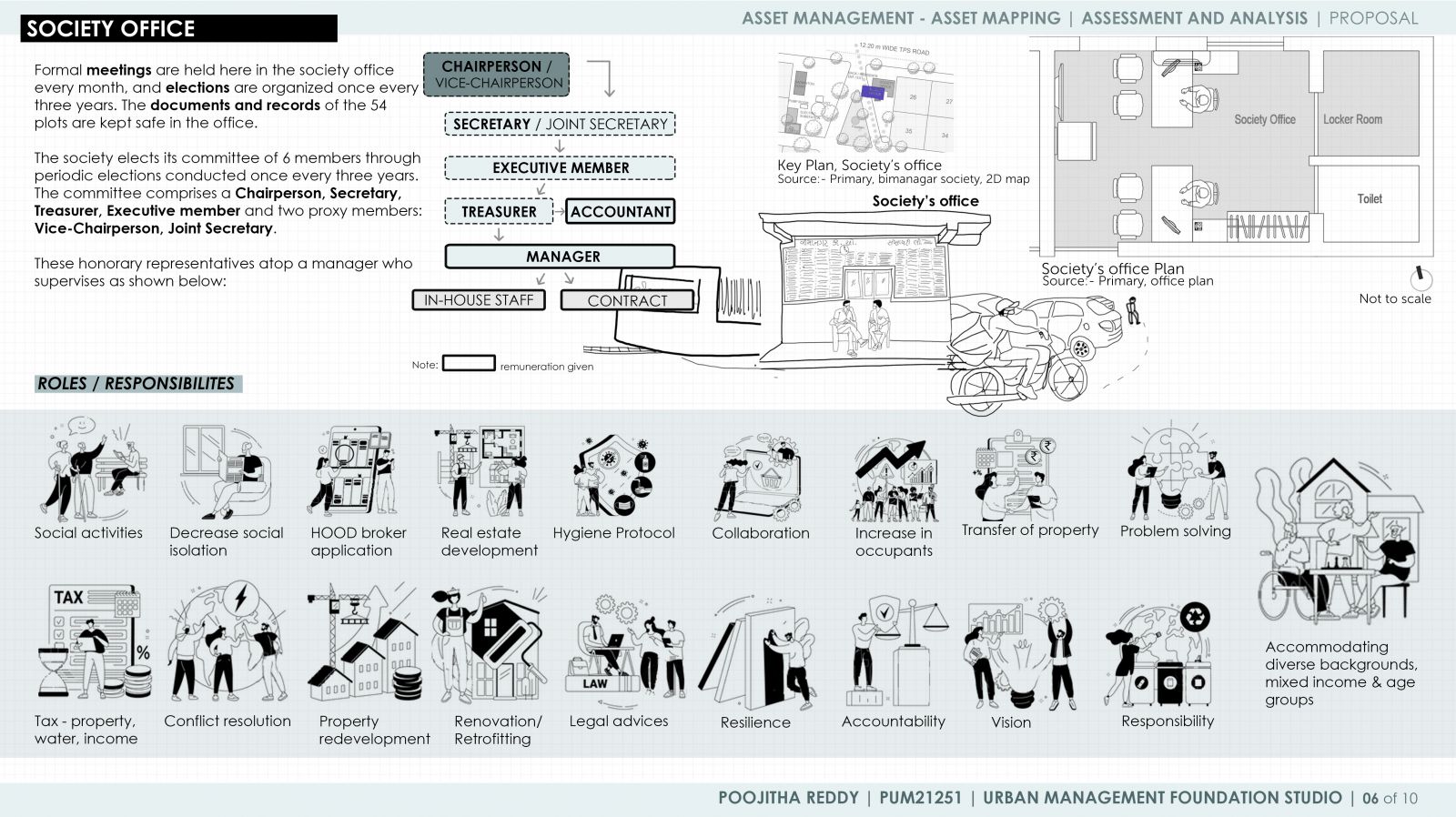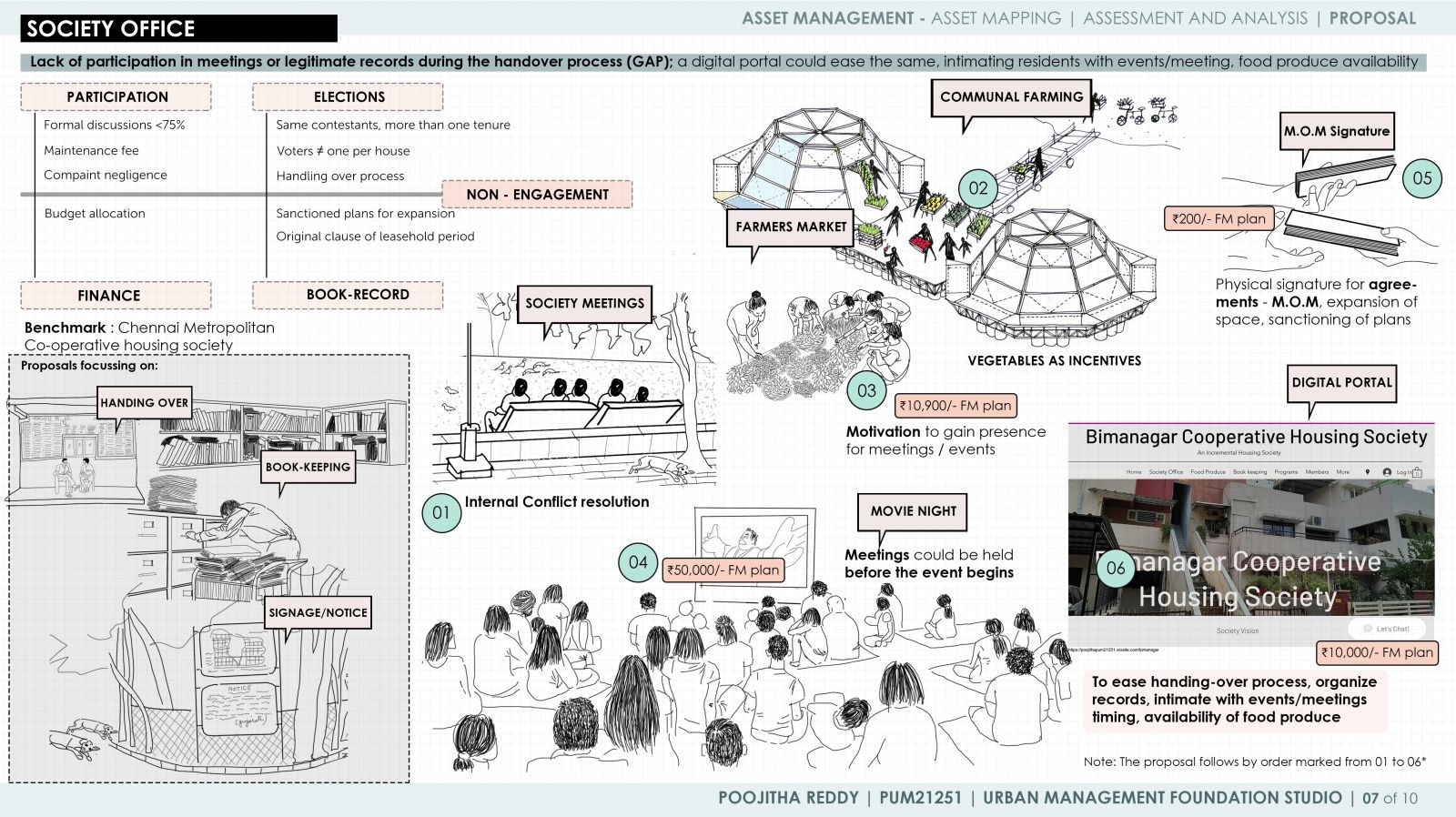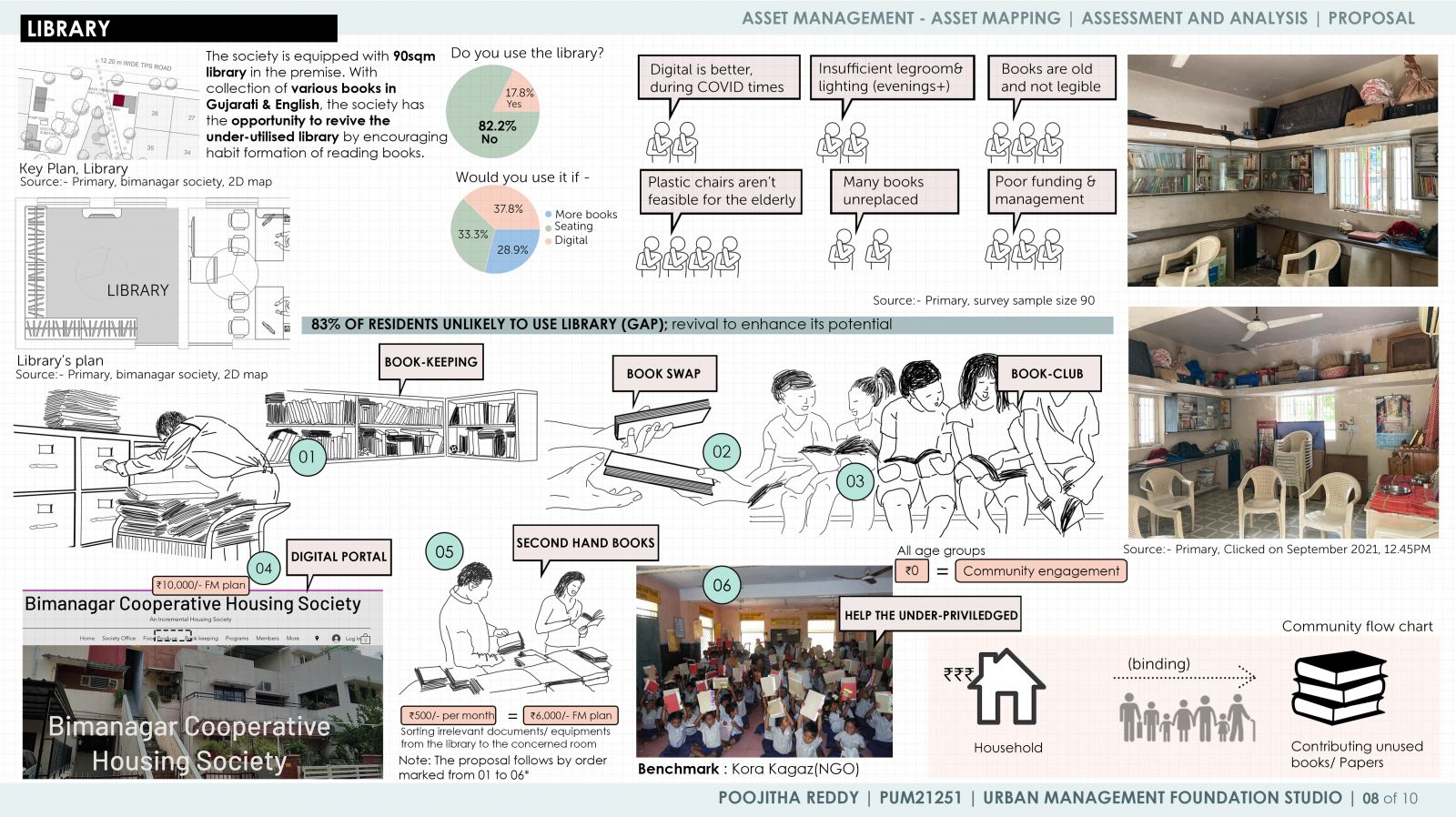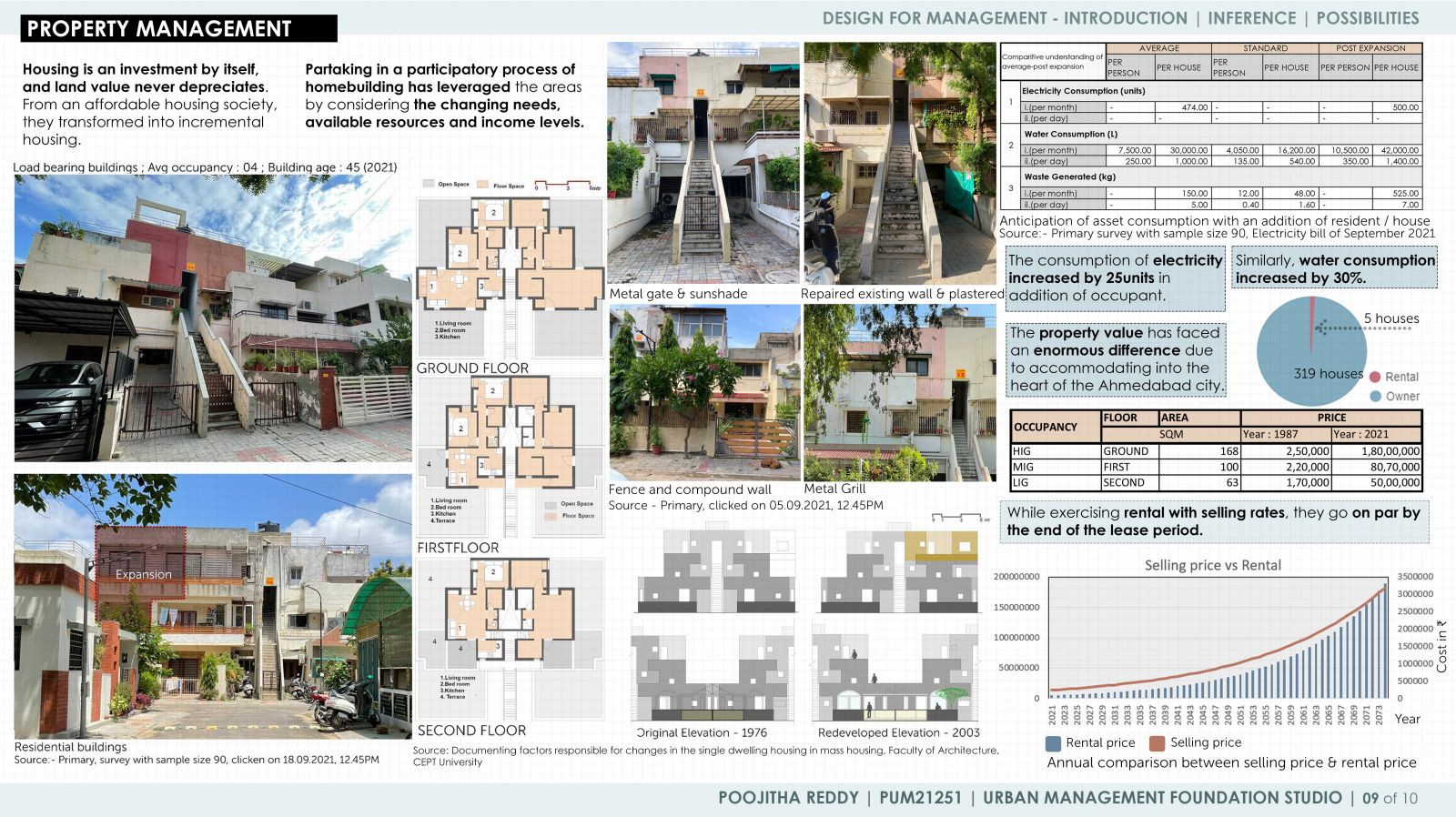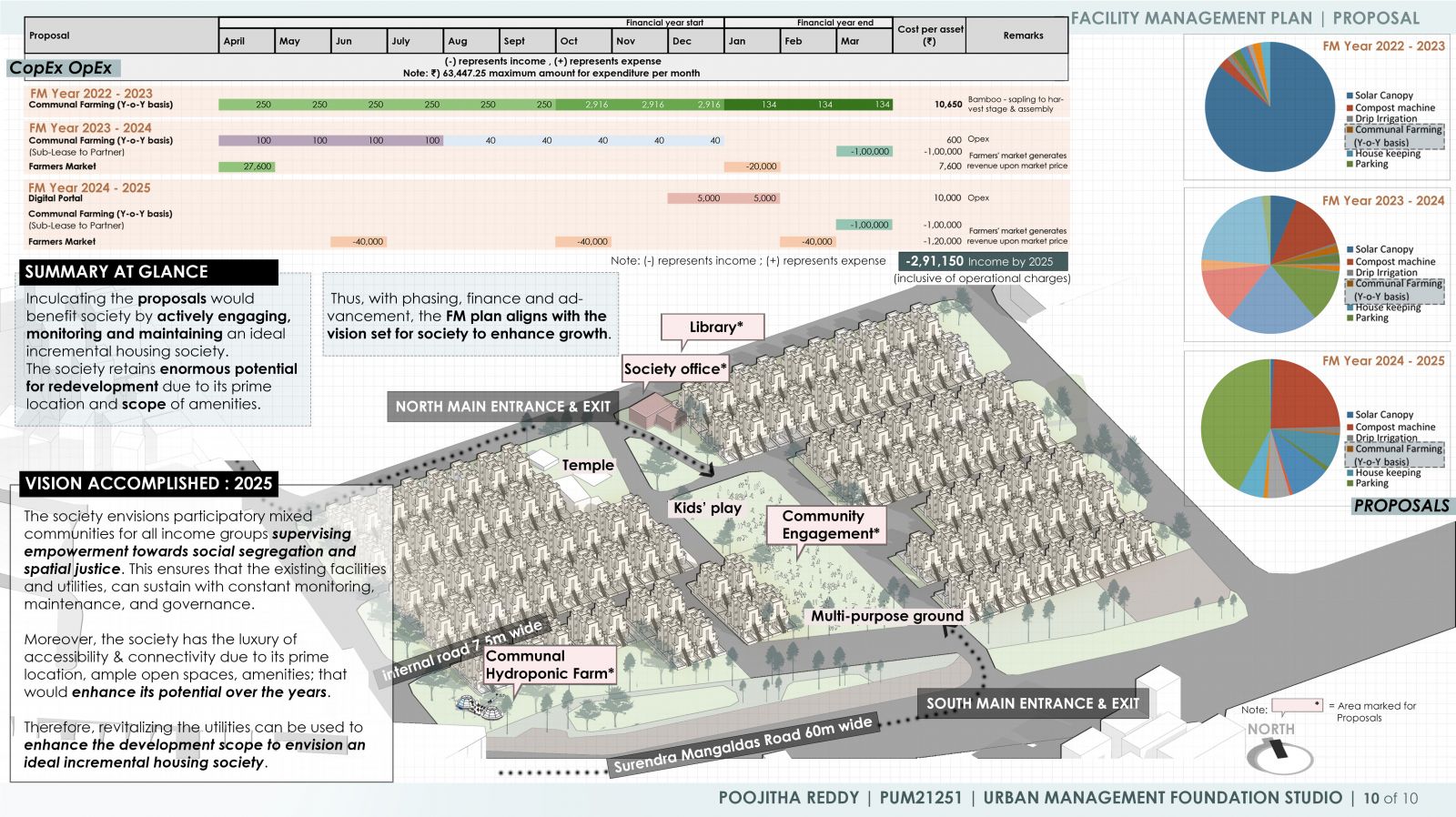Your browser is out-of-date!
For a richer surfing experience on our website, please update your browser. Update my browser now!
For a richer surfing experience on our website, please update your browser. Update my browser now!
A well established cooperative housing society, designed by Vastu Shilpa Consultants Consultants in Ahmedabad, was completed by 1976, named Life Insurance Cooperative Housing Society initially, but acknowledged as Bimanagar Co-operative Housing Society. The initial incremental development focused on the efficient provision of 'sites and services' with a phasing plan for growth. In progress, varied simulation exercises and references aided to address the contemporary thinking of adaptive reuse, the impact of change, culture, conservation, and introductory concepts of working on projects. In addition, working towards the confined space has enabled in understanding essential utility management and maintenance, facilities maintenance, human resource management, finances, and technology. Eventually, gaps in the existing system obliged exploring various alternatives to solve the problem. Therefore, the FM plan will include phasing, cost estimation, asset management, and monitoring to improve the hard and soft services within the selected built environment.
View Additional Work